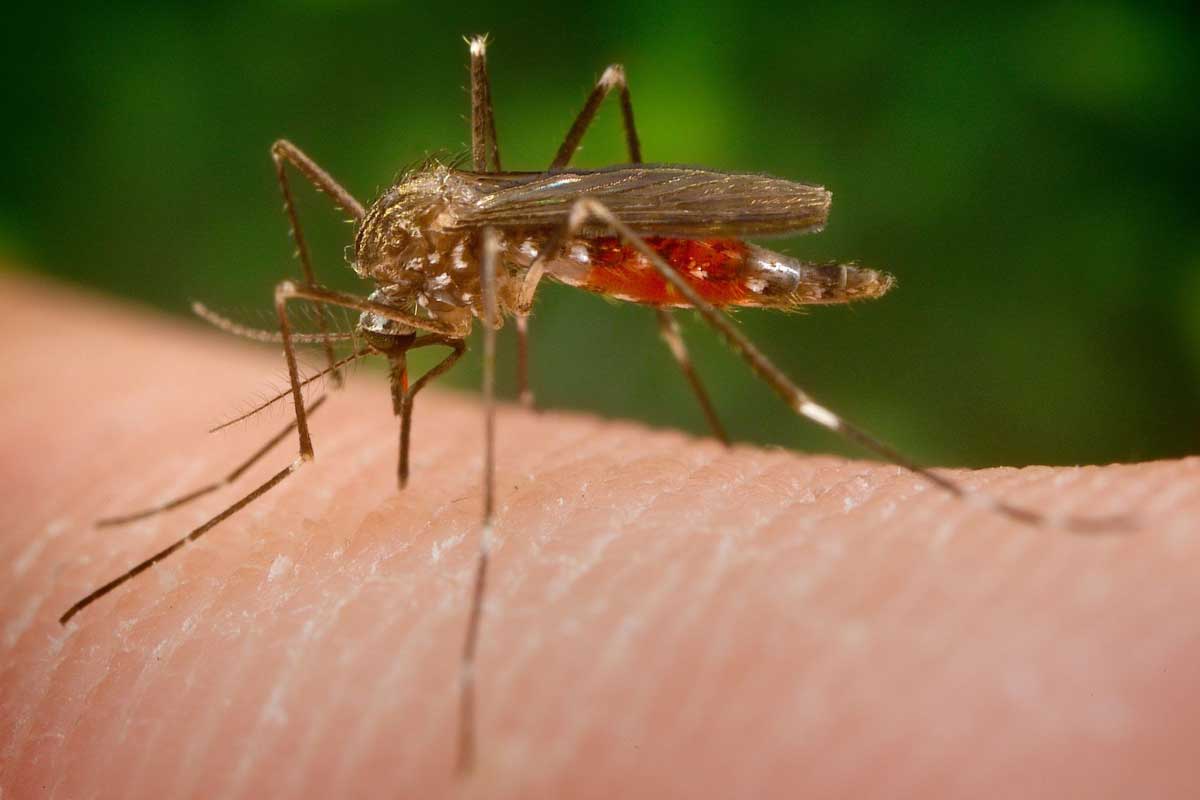
By John Noel E. Herrera
The Iloilo Provincial Health Office (IPHO) warned the public against the Japanese encephalitis virus (JEV) following 14 confirmed cases of the viral infection, including four deaths, reported in the province from Jan 1 to June 3, 2023.
IPHO chief Dr. Maria Socorro Colmenares-Quiñon said that JEV has no cure, noting that the residents should observe precautionary measures, like the 4S strategy (search and destroy breeding places; seeking early treatment; self-protection measures; say yes to fogging).
“Wala ni siya cure pero ang aton lang ni nga management is focus lang siya nga mareleave ang severe nga clinical signs and symptoms, suportahan ang patient nga mahagan ang impeksyon,” Quiñon said.
Data from IPHO indicated that the four fatalities came from the towns of Barotac Nuevo, Barotac Viejo, Leganes, and Lemery, while the remaining cases were recorded in Ajuy, Badiangan, Barotac Viejo, Cabatuan, Dingle, Duenas, Dumangas, Janiuay, San Rafael, and Passi City (component city).
The PHO noted that children aged one to 10 years old accounted for the most number of cases with nine, followed by ages 11 to 20 years old and 21 to 30 years old with two cases each, and less than one-year-old with one case.
The number, according to Quiñon, is 56 percent of the total JEV cases recorded in Western Visayas this year, which stands at 25 as of the writing.
JEV is transmitted to humans through the bites of infected mosquitos called Culex tritaeniorhynchus which thrives in rural agricultural areas such as rice-growing and pig-farming regions.
“Ang ini nga dako nga mosquito naga damo ni siya sa mga host ya or natural reservoir, parehas sang mga baboy kag wading birds,” Quiñon said.
JEV affects the brain and spinal cord of individuals, which causes severe, persistent complications that can lead to death, while its symptoms include fever and chills, headache, abdominal pain, nausea and vomiting, tiredness, and convulsions.
Quiñon also said that despite the increase in cases, there is no JEV outbreak in the province, as the 14 cases happened during the first weeks of January and the confirmation report coming from the sub-national laboratory in Western Visayas Medical Center (WVMC) was only released on June 5.
She added that the provincial government is strengthening its surveillance and monitoring in affected areas and has already provided the Local Government Units (LGUs) with adulticides.
“Gina-strengthen ta pa gid ang surveillance and ma-conduct pa gid kita sang vector survey sa aton mga kabanwahanan nga naapektohan. Gina-encourage man naton nga mag indoor residual spraying ang aton mga balay nga may kaso sang JE kag gina-encourage gid nga continue ang paglimpyo,” Quiñon said.
While there is no cure for JEV, Quiñon said that it could be prevented through vaccines, but these are currently not available in the province, noting that vaccines are given in areas where the infection is endemic.
“Tani gid no nga may vaccine kita kay ang vaccine gina usar ni siya sa may endemic area. Damo na nga mga country nagausar JE vaccine,” she said.
Quiñon stressed that another option to prevent being infected by JEV is to avoid being bitten by mosquitos through minimizing outdoor activities during cooler hours at dusk and dawn when mosquitos are active.






















